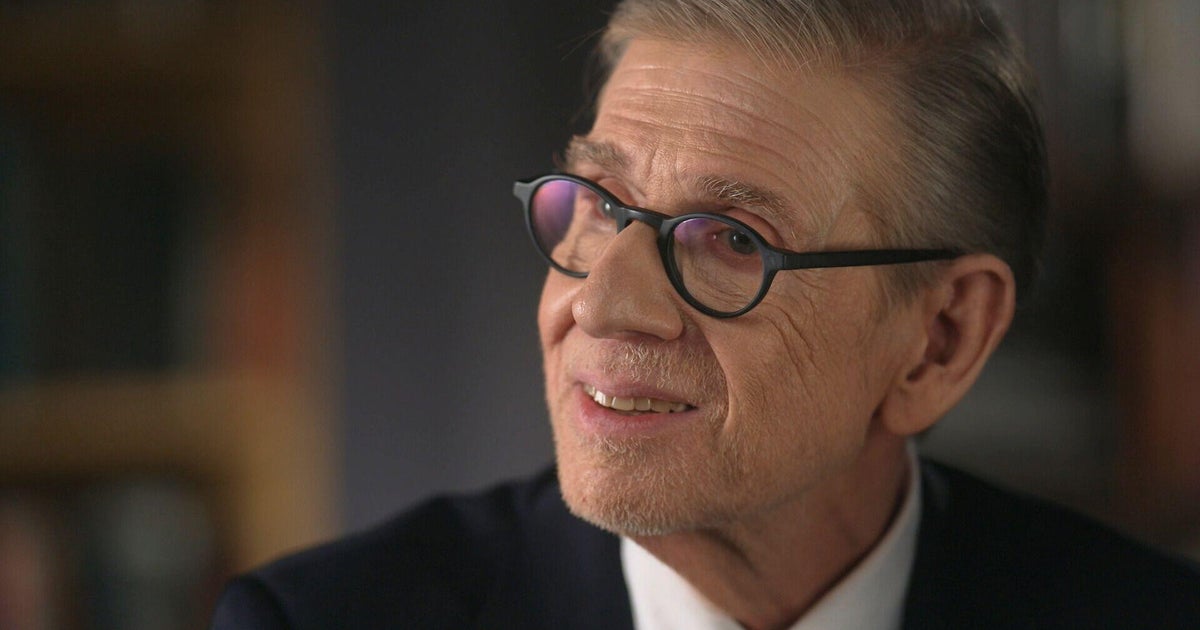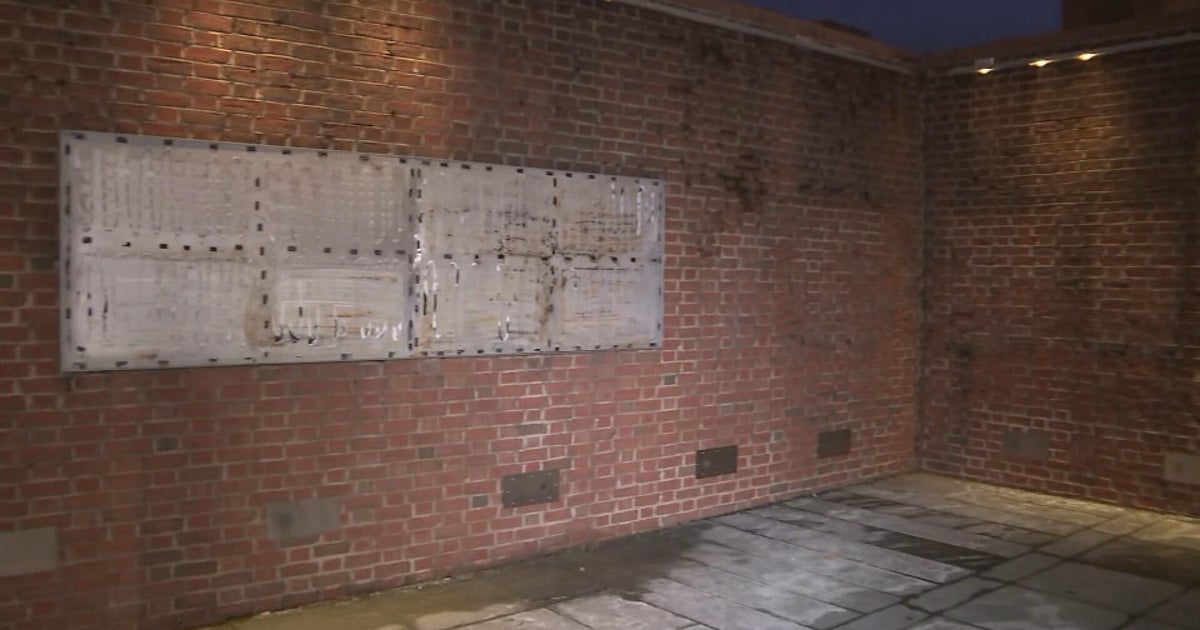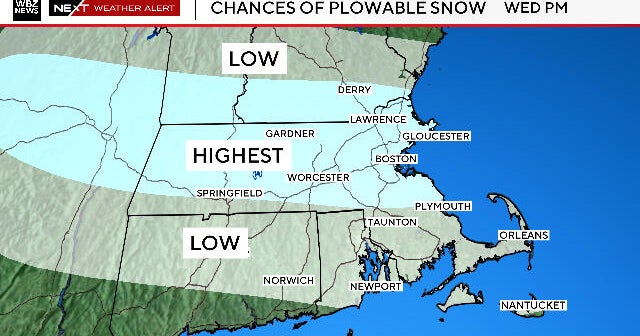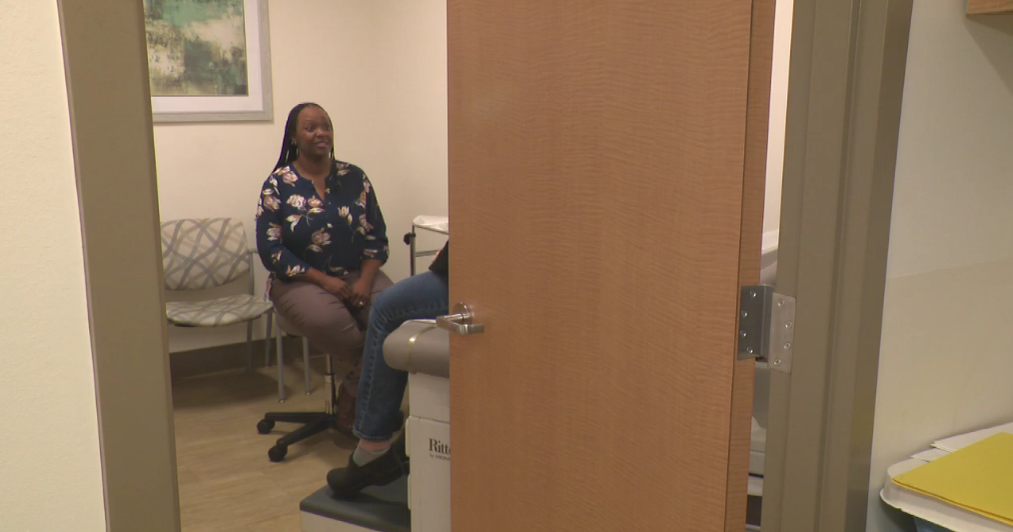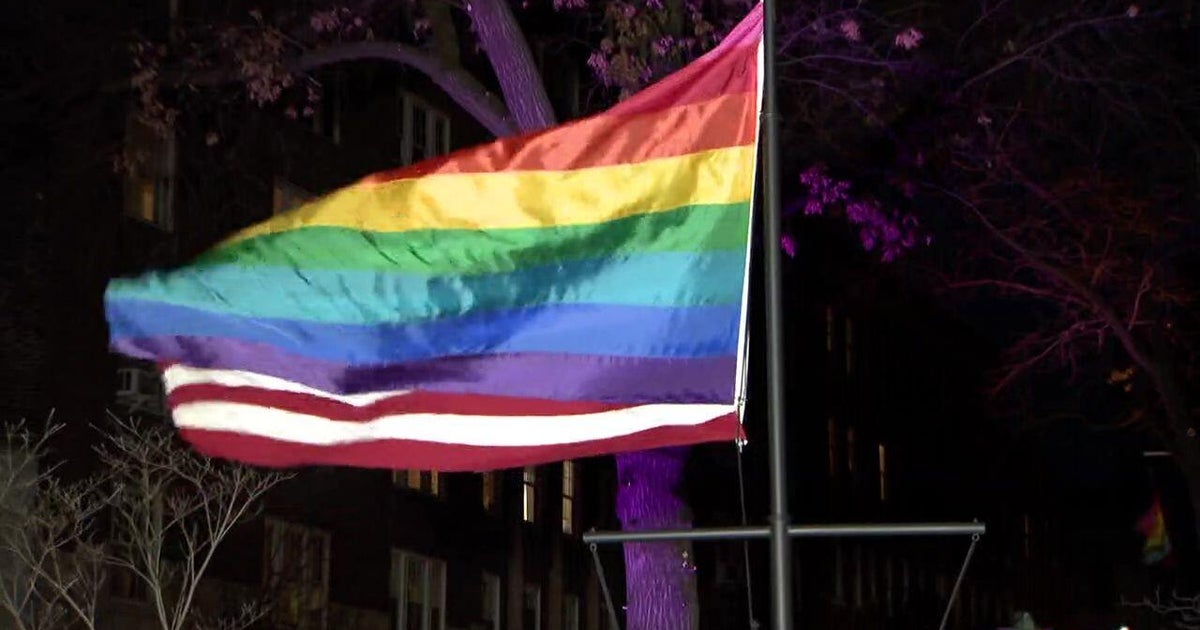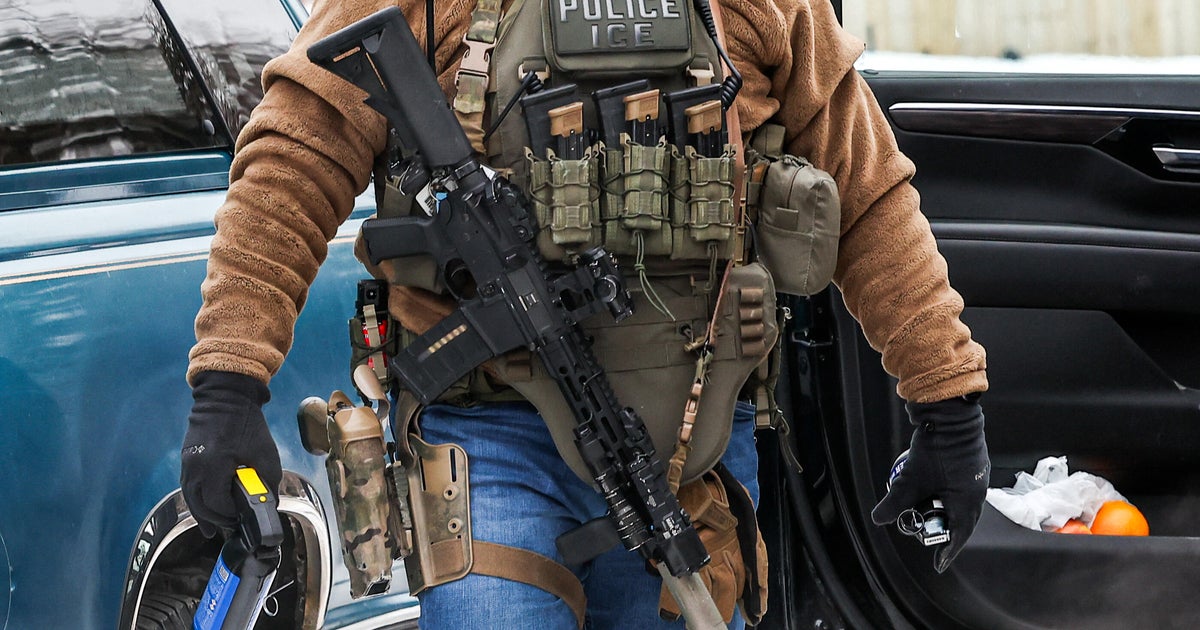Good Question: Why Can't Drugs Go Generic Right Away?
MINNEAPOLIS (WCCO) -- When it comes to prescription drugs, generics aren't like the old scratchy paper towels with the black and white labels. Lipitor's patent protection just expired, and the Food and Drug Administration is allowing two companies to produce generics for the next six months.
But with Lipitor making so much money over the years, why does it take so long for a generic to be allowed on the market?
"Typically patent protection lasts about 20 years," said Brian Kolling, PharmD, the senior director of trend forecasting for OptumRX, a Minnetonka-based health insurer.
Patent protection is a complicated issue, with many moving parts, said Kolling, with litigation often surrounding each expiration.
"In the next year, several more multibillion-dollar drugs will go generic," said Kolling.
Here's how the process works: when an innovator company discovers a drug, they file a patent. The FDA allows generic drug manufacturers to file an "abbreviated new drug application" which lets them produce a generic drug without doing full clinical trials.
The patent protection protects the innovator company, which can spend $1 billion, according to Kolling, to bring a new drug to market.
"There are a lot of drugs that never make it to market. They maybe make it half way and then there's a safety issue, or it doesn't work," he said.
So the government gives them a 20-year patent protection, but the clock starts ticking on that far before the drug comes to market.
"It's not just the time on the market, it's all the time in development. For a drug like Lipitor, it took about 6 to 7 years in clinical research before it was approved by the FDA so it really got about a 14 year patent life," said Waller.
He said for some drugs, it may be too long, for other drugs it isn't long enough of an exclusive time period. For very technical drugs targeted to a relatively small client-base, 20 years may not be enough of an incentive to spend the money up front, he said.
When a company does get approved to produce a generic, the first company in gets six months of exclusive access to the market.
"They can price it how they wish, market how they wish," said Kolling.
And typically that price isn't much lower than the price of the branded product.
Insurance companies often still treat "first generic" that like a brand name product, requiring members to pay the brand name drug co-pay.
"After six months all bets are off. All companies with approval can bring the drug to market. You'll see 5 to 15 generics on the market," he said.
"You won't see significant cost savings for Lipitor today. In six months, the price will drop significantly," he explained.
Ten drugs, including Lipitor, are in the pipeline to go generic in the next 12 months.
In 2010, Lipitor had $7.2 billion in sales. Plavix ($6.1 billion), Seroquel ($4.35 billion), Singulair ($4.1 billion), Diovan/Diovan HCT ($3.5 billion), Actos ($3.5 billion), Zyprexa ($3 billion), Lexapro ($2.8 billion), Tricor ($1.3 billion), and Geodon ($1.3 billion) will all become generic.
